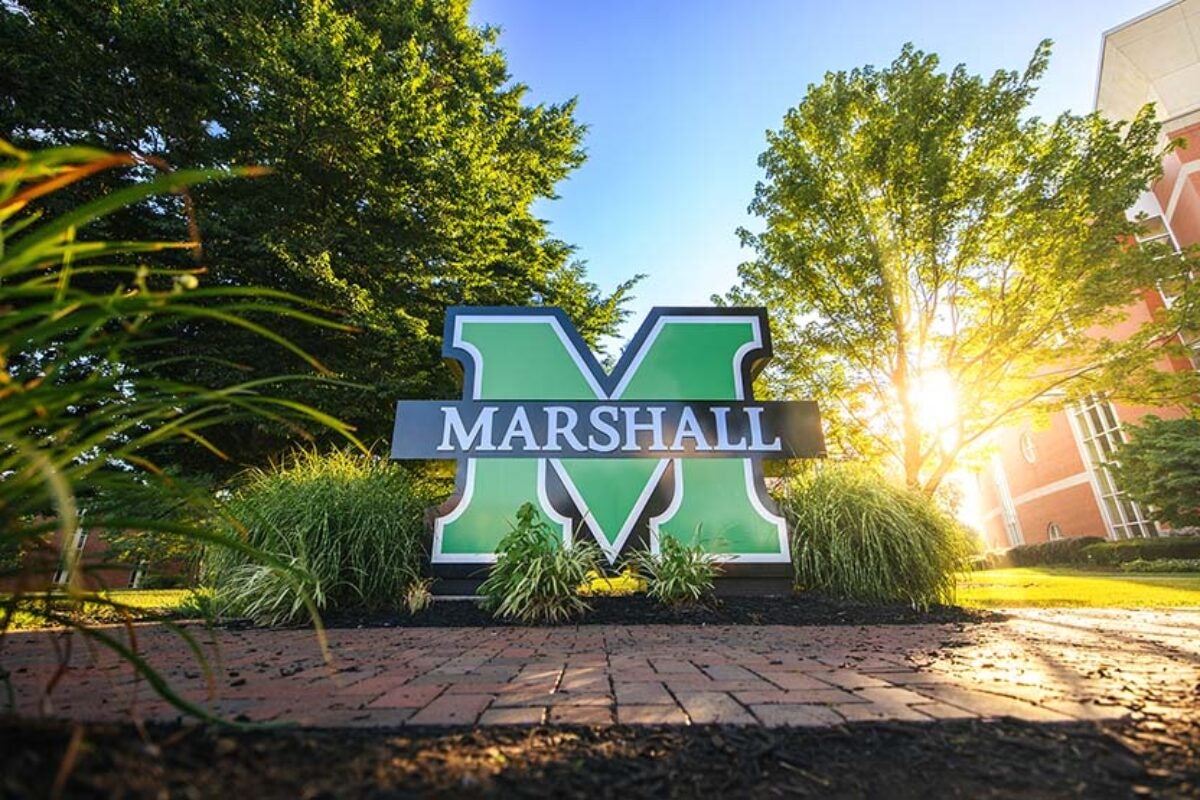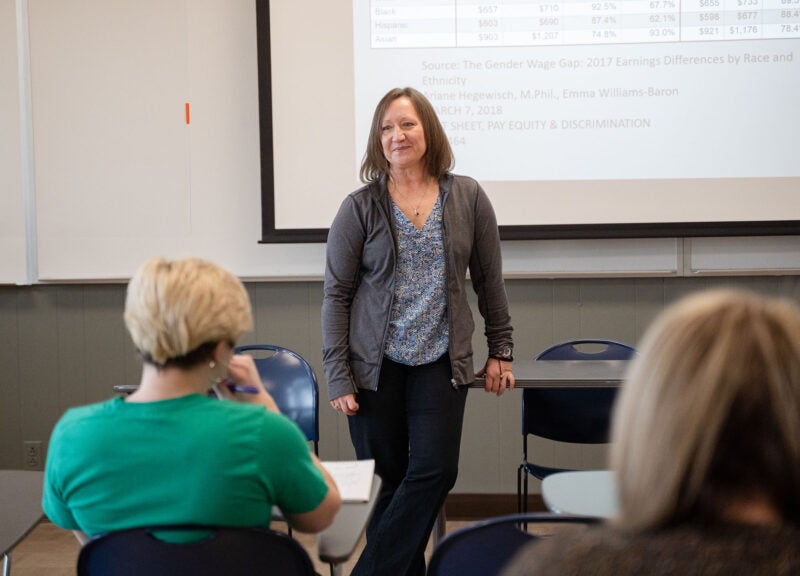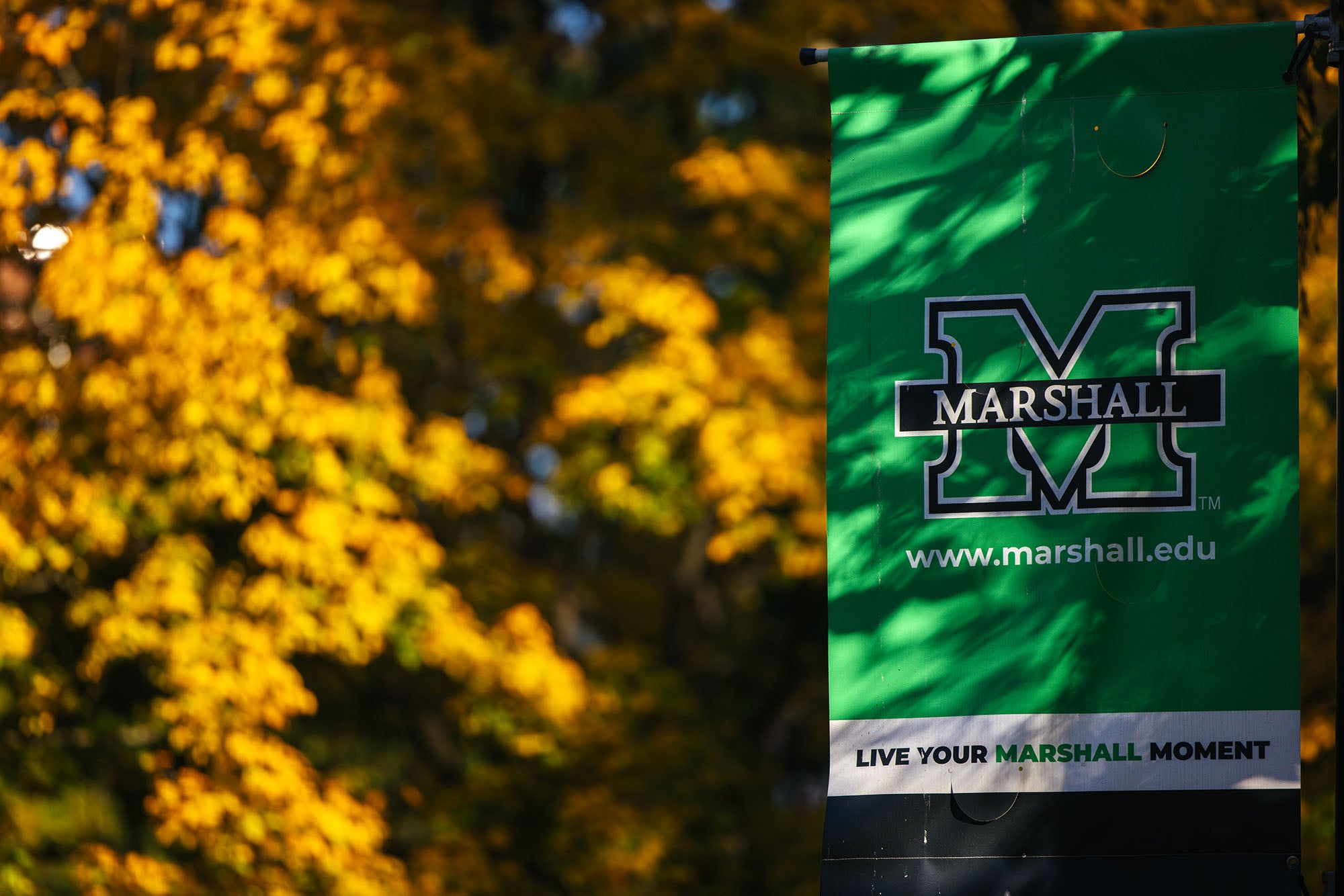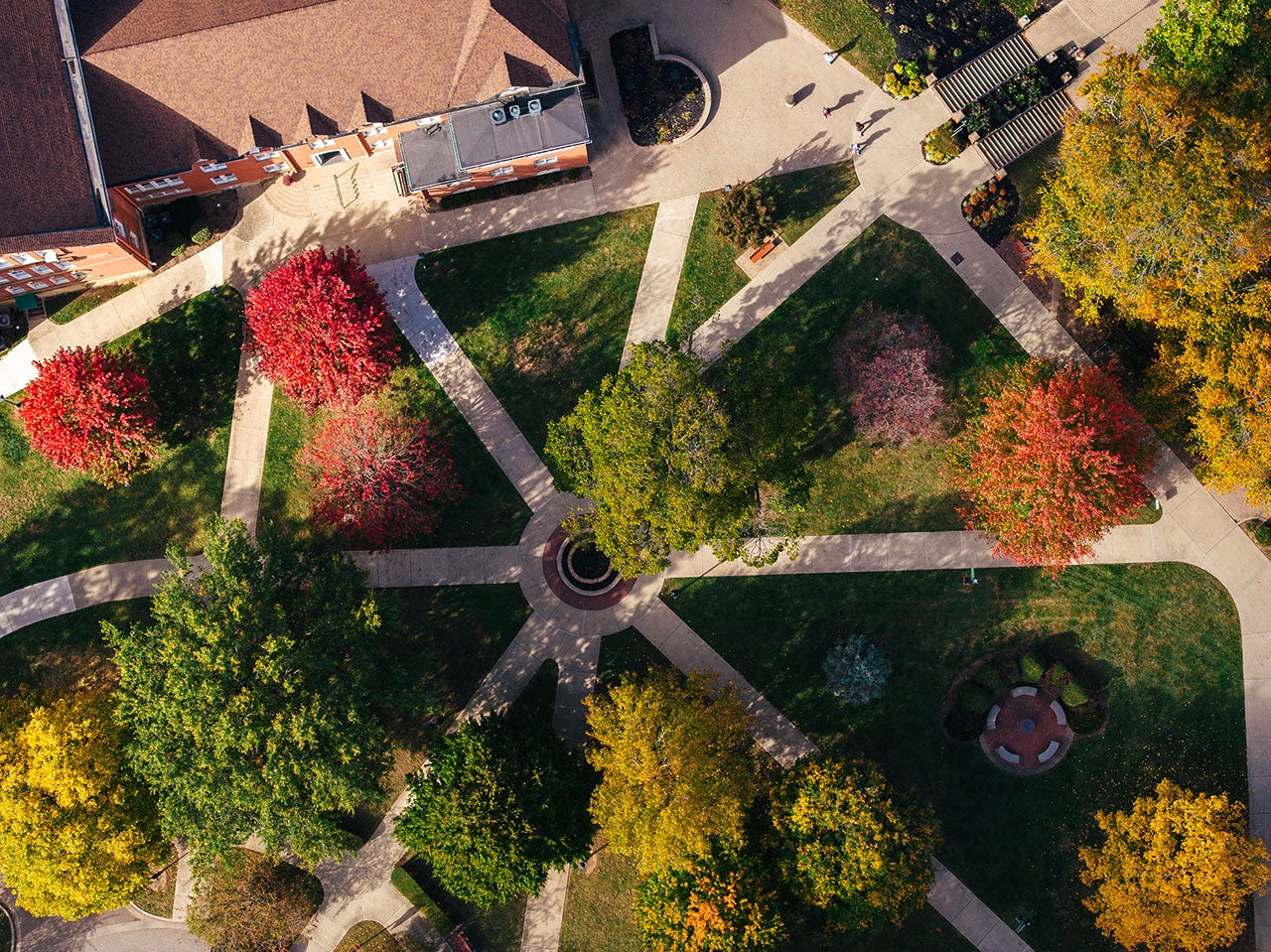
Sociology & Anthropology

Welcome to the Anthropology and Sociology Department at Marshall University. Here students receive personalized mentoring, training in qualitative and quantitative research methods, and dedicated academic support. Our faculty are active researchers and mentors, committed to guiding you on your academic journey.
You have the flexibility to choose your path with major and minor programs in both anthropology and sociology. Additionally, you can delve into specialized areas of emphasis in the RBA program or take your studies to the next level with our graduate program in sociology.
Whether you’re passionate about social justice, cultural studies, human behavior, or the dynamics of our ever-changing world, Marshall University is the perfect place to start your journey. Join us, and let’s explore the complexities of society together.
The Department of Sociology and Anthropology is dedicated to helping students develop a critical understanding of human behavior, social systems, and cultural diversity. It offers an interdisciplinary, research-driven education that prepares students for a wide range of careers and equips them to contribute thoughtfully to an increasingly complex world.





